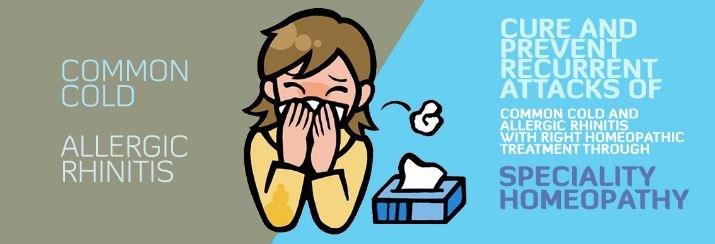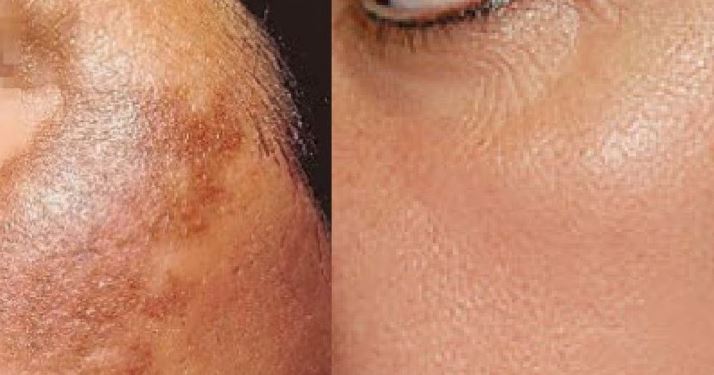Crohn’s disease Homeopathy Treatment India Crohn’s disease is an inflammatory bowel disease characterized by the presence of ulcers in the small and large intestines, as well as abdominal pain, diarrhea, and bloody stools. It usually manifests itself between the ages of 18 and 40. What causes Crohn’s disease? Crohn’s disease is thought to be caused by […]
Blog
Homeopathy Treatment For Coughs
In this article we will give emphasis on Homeopathy Treatment For Coughs, Homeopathic remedies offer a highly effective approach to treating coughs across a broad spectrum of cases. Leveraging natural-origin medicines, homeopathy provides a safe treatment option for individuals of all ages. These remedies target the root cause of the cough, ensuring a thorough and […]
Constipation
Constipation Homeopathy Treatment: A Gentle and Effective Solution for Digestive Health Constipation can cause discomfort and disrupt your daily routine. Homeopathy offers a gentle and effective approach to treating constipation symptoms without the harmful side effects of conventional treatments. Introduction: Constipation is a common digestive problem that affects people of all ages. It can cause […]
Colitis
Colitis Homeopathy Treatment: A Gentle and Effective Approach to Healing Homeopathic treatment of colitis Homeopathic Treatment of Colitis: A Gentle and Effective Approach to Treatment Colitis is a chronic inflammatory disease that affects the digestive tract. Homeopathy offers a gentle and effective approach to treating the symptoms of colitis without the harmful side effects of […]
Common Cold
Homeopathy Treatment For Cold: A Natural Way to Treat Your Symptoms The common cold, often caused by various strains of viruses, primarily rhinoviruses, is a viral infection affecting the nose and throat. While adults may experience three to four colds annually, young children may endure even more. Cold and flu symptoms can be effectively treated […]
Chronic Kidney Failure
Chronic Kidney Failure Homeopathic Management India Chronic renal failure consists of the progressive and irreversible deterioration of renal function. Urea and creatinine levels begin to rise when the glomerular filtration rate (the rate at which blood filters through the kidneys) falls below 25 to 35%. Patients may be relatively asymptomatic or present with anemia, arterial hypertension, […]
Homeopathy Treatment For Chloasma
Chloasma, often referred to as melasma, is a skin condition characterized by dark, discolored patches on the face, commonly resulting from hormonal changes, sun exposure, and genetic factors. In this article we will discuss Homeopathy Treatment For Chloasma. This condition can be particularly distressing, affecting one’s self-esteem and quality of life. While conventional treatments include […]
Chlamydia infection
Chlamydia Infection Homeopathy Treatment: An Alternative Approach Chlamydia is a common sexually transmitted infection caused by the bacterium Chlamydia trachomatis. It can affect both men and women and often goes undetected because it may not cause any symptoms. If left untreated, chlamydia can lead to serious health problems such as infertility and pelvic inflammatory disease. […]
Cervical Spondylosis and Neck Pain Homeopathy Treatment For Cervical Spondylosis
In this article, we will emphasize Homeopathy Treatment For Cervical Spondylosis. Cervical spondylosis, commonly known as neck osteoarthritis, is a condition that affects millions worldwide. It involves the gradual wear and tear of the cervical spine, including the vertebrae, intervertebral discs, ligaments, and tendons. This degeneration can lead to persistent neck pain and discomfort, significantly […]
Celiac Disease
Exploring Homeopathic Support for Celiac Disease Management In this article we will give emphasis on Homeopathy Treatment For Celiac Disease. Celiac disease is an autoimmune condition triggered by gluten, a protein found in wheat, barley, and rye. When individuals with celiac disease consume gluten, it prompts an immune response that damages the lining of the […]







